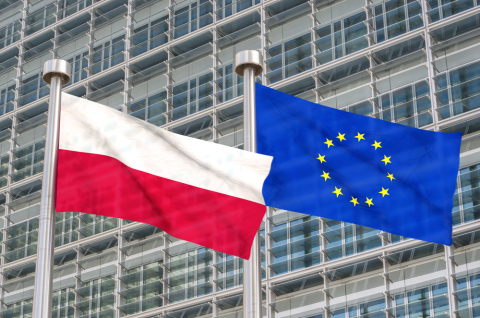<p class="rtejustify">In a changing world, Germany is more than ever seen as a factor of stability in the face of increasingly numerous and frequent crises. The longevity of its political staff, the power of its economic model and the appeal of its code of values and principles are certainly not unrelated. It embodies stability but can it also serve as a bulwark against the phenomenon of deconstruction of the multipolar order from 1945? The Islamist terrorist threat, the war in the Middle East, Russian expansionism, the unpredictability of the Trump administration, the rise of populism, the question of opening markets and the uncertainty about the future of the European Union constitute the various elements of a poly-crisis which undermines the foundations of German foreign policy. None of these challenges can be met alone or independently of others. Not to mention the dangers that lie ahead in the longer term. </p>
<p class="rtejustify">In 2017, <a href="https://www.ifri.org/en/recherche/zones-geographiques/allemagne-cerfa">… Study Committee on Franco-German Relations (Cerfa)</strong></a> published the collective work " <a href="https://www.ifri.org/fr/publications/publications-ifri/ouvrages-ifri/la…; target="_blank"><strong>Germany on the International Stage - In Search of Stability in a Changing World </strong></a>" (available in French), edited by <a href="https://www.ifri.org/en/a-propos/equipe/barbara-kunz"><strong>Barbara Kunz</strong></a>, <a href="https://www.ifri.org/fr/a-propos/equipe/hans-stark"><strong>Hans Stark</strong></a> and Stephan Martens.</p>
<p class="rtejustify"> </p>






